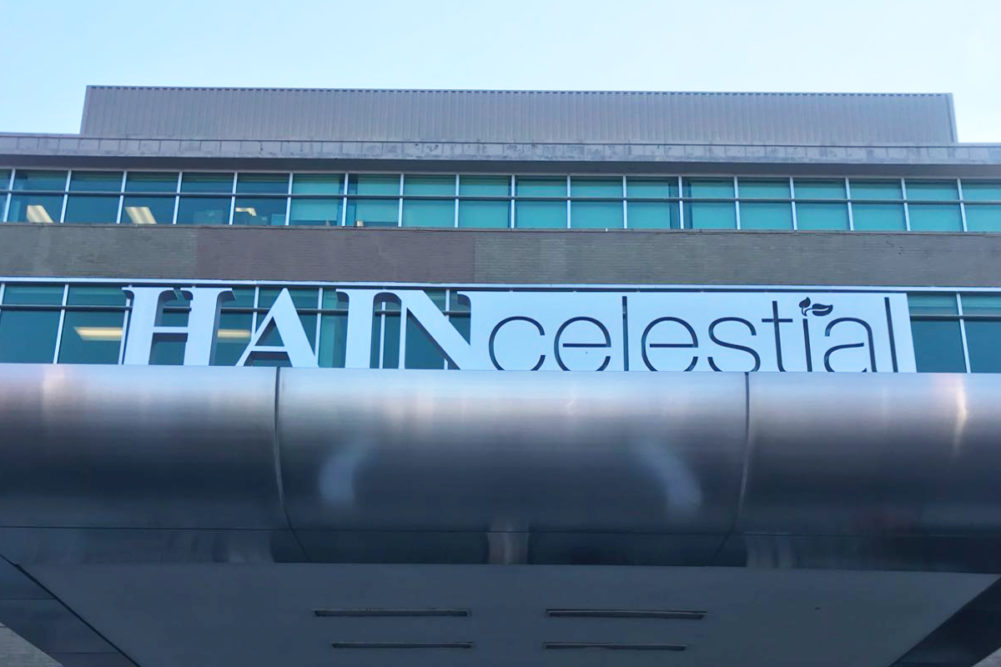LAKE SUCCESS, NY. — “An inch deep and a mile wide,” is how Mark L. Schiller, president and chief executive officer of The Hain Celestial Group, Inc., described the Earth’s Best brand when he took over the company. It was Hain’s largest brand at the time and in approximately 40 different subsegments.
“We’ve now shrunk that business,” Mr. Schiller said June 23 during a presentation at the virtual Jefferies Consumer Conference. “It’s still one of our four or five biggest brands, but it’s not the biggest anymore. But it’s gone from an almost zero EBITDA to a low-teens EBITDA. Now it’s more investment grade.”
He described the transition taking place at Hain as going from a holding company to an operating company and said two components have been key to achieving his goals. One is putting the right personnel in place and, second, is simplification.
“We were just downing in complexity,” he said. “So, shedding 20 brands, discontinuing 1,000 SKUs (stock-keeping units) proactively before the pandemic and really simplifying the way we operate …”
The simplification strategy was furthered in April when Hain Celestial sold its North America non-dairy beverage brands Dream and Westsoy to SunOpta Inc. for $33 million. Additionally, the company is consolidating two North American snack plants, exiting an almond butter plant, utilizing co-manufacturing more and investing in automation when it is feasible.
Hain Celestial also is working on simplifying food and beverage product formulations.
“Redesigning products that are overengineered … takes some time,” Mr. Schiller said. “You’ve got to work down the inventory of the old stuff. You got to get the new formulas tested and into market.”
How the company innovates also is changing, with the focus on innovation vs. additional flavor varieties.
“So, instead of here’s the 37th flavor of Sleepytime tea, we’re bringing tea with energy, tea with melatonin, tea with probiotics and gut health and immunity and things that are much more incremental in the category, cold brew tea, K-cups, things that really are going to help the retailer grow their category and therefore, earn their space,” Mr. Schiller said.
As the simplification strategy takes hold and the benefits begin to ripple through the organization, Mr. Schiller said investors will see positive change. For example, savings generated from productivity efforts will be invested back into marketing.
The streamlining and increased focus from simplification also will give the company new opportunities to expand its distribution footprint.
“Our vision has always been to mainstream health and wellness and make it accessible and affordable to everyone,” Mr. Schiller said. “So, there’s a lot of distribution opportunity, both in terms of ACV, just getting into more stores with these brands, as well as getting more items per store, and getting into new channels.”
Beyond mainstream retail channels, Hain Celestial is looking at how it may get more distribution from incremental channels like convenience stores, delis and even institutional venues like hotels.
“There’s a lot of upside on distribution,” Mr. Schiller said.
Hain Celestial’s recovery started with its simplification strategy, building a strong foundation, and will continue with the introduction of innovations that will earn more shelf space, said Mr. Schiller.
“Right now, that playbook is working really well,” he said.






